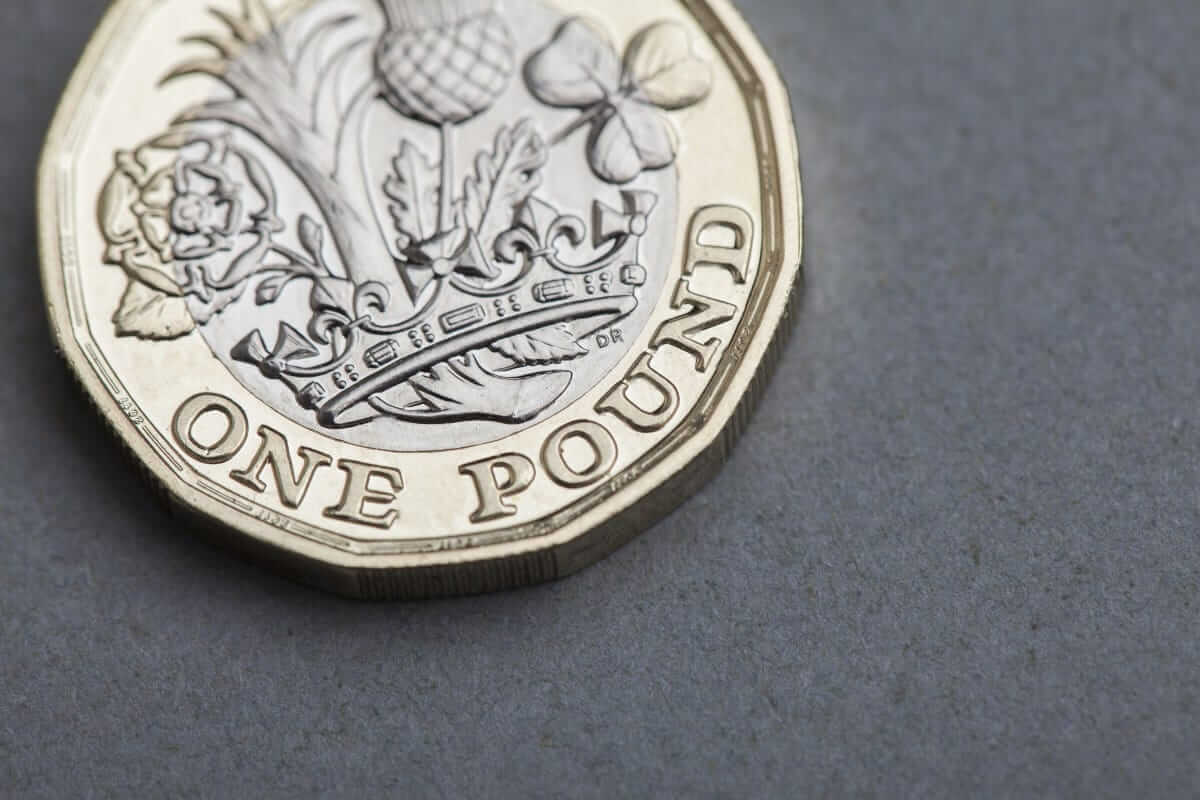
Euro and British Pound rallied Friday. What about the U.S. dollar?
The Euro skyrocketed on Friday, hitting a new one-week high along with the Sterling. Bank of England tried to bolster markets with its statements. At the same time, the European Central Bank hinted about employing the hawkish policy in the near future. The currency markets’ mood improved significantly after that.
The British Pound jumped to $1.1222 at the beginning of the Asian session. It almost managed to recover all of the previous losses occurring in the aftermath of the new government’s “mini budget” presentation last Friday. The currency exchange hands at $1.1155 at last, higher by 0.3%.
Overall, the sterling experienced its best week versus the greenback in 2 1/2 years. Its central bank bought gilts for a second day on Thursday. The Pound plunged to a record low at the beginning of this week. The British government had announced its plan to slash taxes, as well as pay for it with more borrowing, causing the currency’s downfall.
In addition, German and Dutch consumer data showed that inflation continued increasing. Investors fear that the ECB and BoE may need to employ more drastic measures to hinder it. That also didn’t help the decreasing sterling and Euro.
However, the common currency climbed up by almost 0.2% on Friday, trading at $0.9837. On the other hand, the dollar index remained the same. It is lower by 2.7% from Wednesday’s peak, though.
Forex markets were volatile this week as traders worried about the U.K. mini-budget fallout and the pace of global monetary tightening. Today’s session was much calmer, but economists think that the global economy is still far from recovering.
How are the Chinese Yuan and other major currencies faring?
The Chinese Yuan rebounded on Friday, regaining most of its losses from earlier sessions. Its central bank had asked major state-owned banks to support the Yuan in offshore trading if needed. The Japanese Yen also rallied by 0.2% to 144.30 against the greenback.
Meanwhile, the Swiss franc plummeted today. The Swiss National Bank announced that it had intervened in the Forex market in Q2, attempting to support its currency. After that statement, the franc tumbled down against the U.S. dollar and the Euro.
In Asia, the E.M. currencies traded in the green on Friday. The emerging market currencies index jumped by 0.7%. Despite that, it was lower by 4.5% for the quarter and 8.2% for the year.
South Africa’s rand gained 0.6% versus the dollar, while the Hungarian forint surged forward by 0.2% against the Euro. The Turkish lira traded near its historic low versus the USD.




